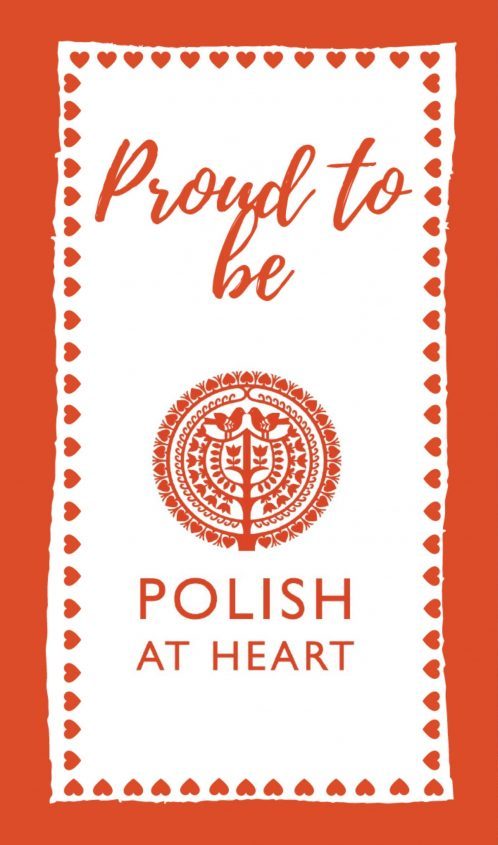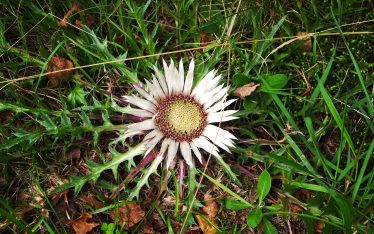Krnąbrny
So my friend has just described her child’s behaviour in this way. When you can mould your mouth around its consonants, it means:
rebellious, defiant, incalcitrant, stubborn and generally unwilling to wield to someone else’s influence.
Even better: a „krnąbrna” odpowiedź is a purposefully contradicting answer.
And just to demonstrate how Poles absolutely love to discuss everything, there are over 20 comments on the dictionary definition of this word. For instance, some argue the difference in the definitions are that:
uparty (stubborn) is a closed word – I have decided and that’s that
przekorny (contrary) – I don’t necessarily believe in what I’ve said
and krnąbrny (rebellious) – I believe in what I’ve said but you can still convince me!
Yet for others krnąbrność can indicate a collaborative nature and people think this shouldn’t be a negative description. Perhaps depending on the authority in question, this could be a positive reaction – think WWII sabotage. And on that note, with such subtle differences of definition, here’s an opinion on these descriptions!

Blog image by Michał Parzuchowski, featuring a child in Sopot, Poland


 1.Tracing Family History pre-WW2
1.Tracing Family History pre-WW2 2. Tracing Family History WW2
2. Tracing Family History WW2


